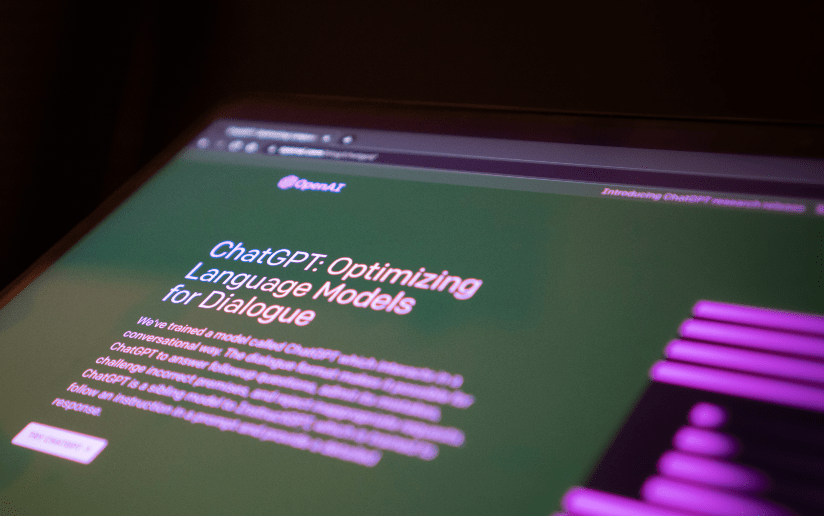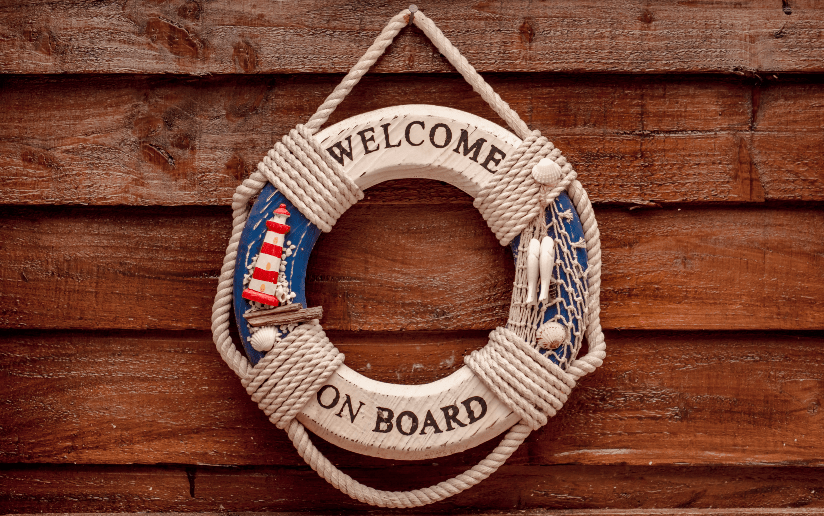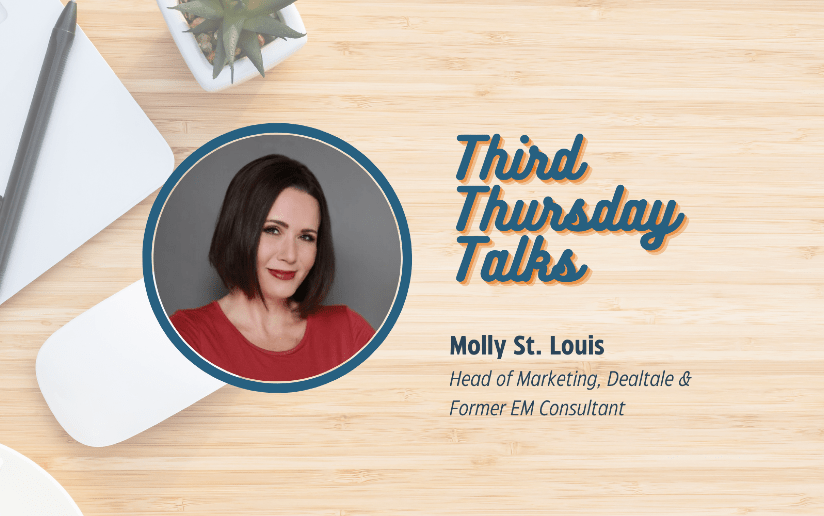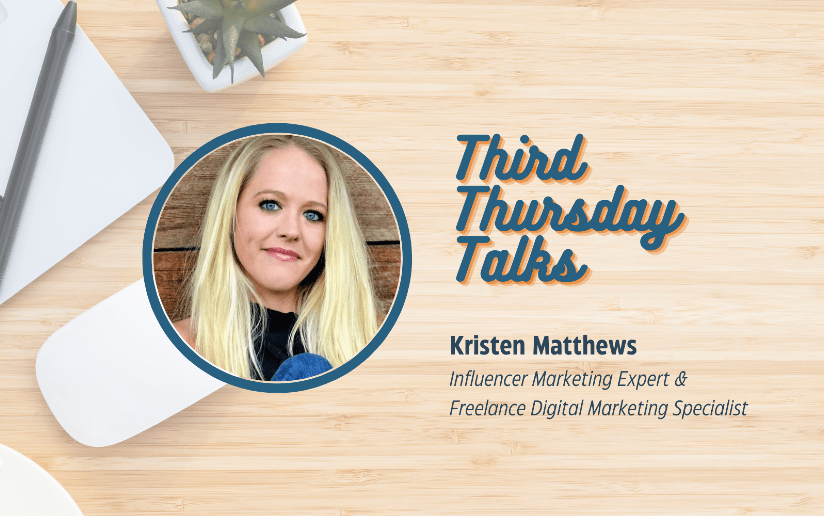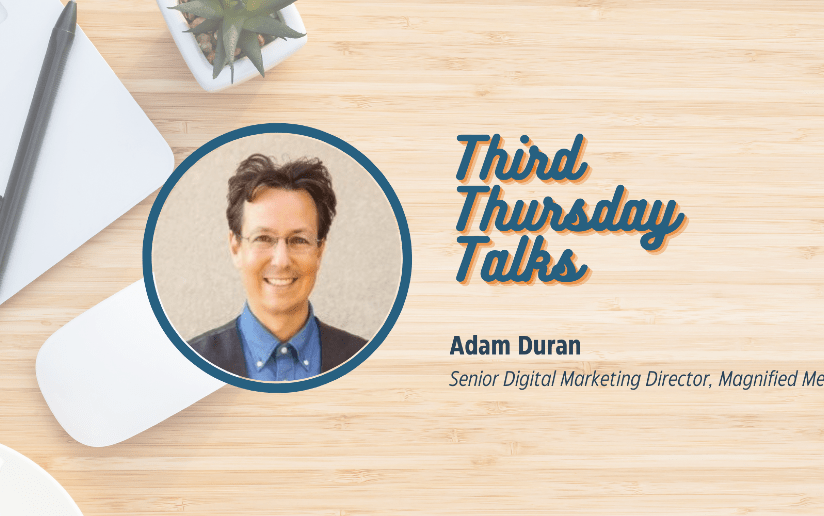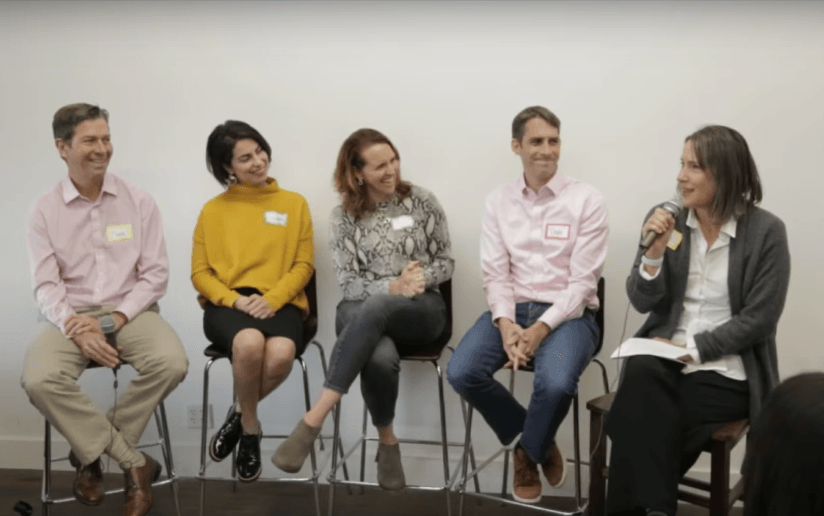
5 Tips to Make a Successful Transition from Full-Time to Freelance
We’ve had the good fortune at EM Marketing to help dozens of marketers transition from full-time work to freelance consulting or contracting work. I’m a firm believer that if people were to do the cost-benefit analysis of working today at a full-time job, especially in the hyperactive Bay Area technology industry, they’d probably find freelancing a better fit. It seems like just about everyone I talk to would love to make the switch, but it’s not an easy thing to do.
Here are my 5 tips to make a successful transition from full-time work to freelance work.
1. Stop Comparing, Start Dreaming.
It’s natural to compare a freelance opportunity with the lens of full-time employment, but it’s the same thinking that will keep you from succeeding. When you become a freelancer, you should not expect the same perks including stock options, paid vacations, raises and promotions.
If those rewards are still your primary motivation in your career, you probably should stay at full-timer. Instead, I’d start focusing on all the positives you get from a life of freelancing like work-life balance, less commuting, less politics, variety of work and the power of being able to say no. Try it now, it’s pretty liberating. NO!
2. Think Long Term $, Not Short Term Funds.
Money is always a consideration when making a career transition. But I don’t think it’s a good idea to simply translate a full-time salary into an hourly rate. It’s been my experience that you may be able to get more or less depending on the need. That’s the key.
Your services are now subject to what the market will pay for your services, and that’s really the only number that matters. I’ve seen too many people make the mistake of trying to make more money freelancing right out of the gate. I know for me it took several years, multiple clients and many projects before I got back to break-even. I’m glad I was willing to make the short-term sacrifice because it’s paid off in the long-term.
3. Business Development Doesn’t Have to Suck.
This is another element of freelancing that prevents people from transitioning. It’s usually not that difficult to find a first consulting or contracting position, but the second and third become harder. To successfully string together gigs is even harder.
That’s why doing Business Development is a necessity. So many people have told me, “I don’t want to do any business development,” and this is the reason they stay unhappy at their current jobs. It doesn’t have to be that way. For me, I reframed business development into catching up and networking with past managers, colleagues and co-workers that I liked. The rest should take care of itself.
4. Be Open To Failing.
I’ve also seen many first time consultants take on a first project that was a poor fit or had nightmare circumstances and they got scared away. Or some have simply not done a good job because of a steep learning curve or slow social/mental adjustments. Consulting is like any other new endeavor. You have to acquire a new set of skills and some degree of failure has to be expected and even embraced. Don’t believe me, listen to Ira Glass:
5. Remember the One Golden Rule.
Consulting or contracting can be hard, but IMHO there is really only one simple, golden rule. Keep your client happy. This means doing the common-sense things with every engagement. For me, those common-sense steps are:
- Setting up every project with a goal, strategy and measurable success criteria
- Checking in with the client at a regular cadence
- Documenting all important milestones and decisions
- Being a good teammate and partner
- Anticipating needs before they rise
To make sure you are doing a good job, simply ask your client: “How am I doing?” As a freelancer, you can’t be afraid of the answer. As you get better at your craft, you’ll find that getting honest feedback is a gift.





